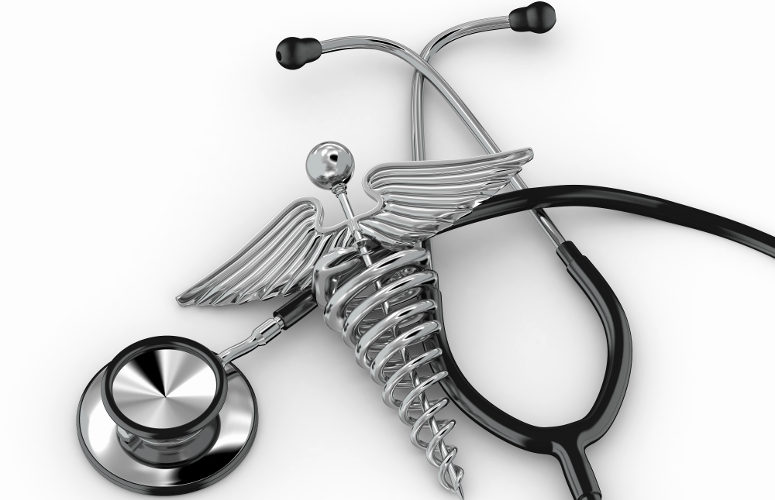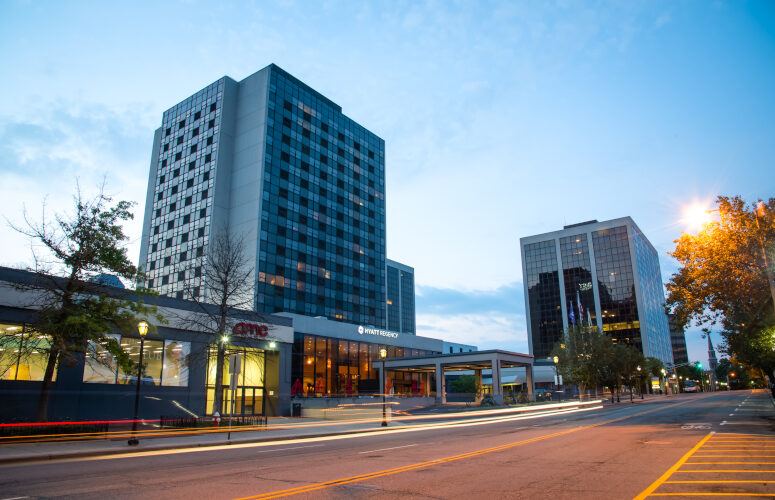
NJ’s Most Vulnerable Zip Codes List Foreshadowed Hardest Hit Communities
On Nov 23, 2021Preparing for the next big public health threat could be more effective by focusing on communities that are lacking in social determinants of health like food access, stable housing and employment opportunities. That’s a key lesson learned in an analysis of New Jersey’s most vulnerable communities and their experience during COVID-19.
The New Jersey Vulnerable Communities Database, developed in 2019 by the New Jersey Hospital Association, shows that many of the zip codes hit hardest by COVID were the very same as those identified before the pandemic by NJHA’s vulnerable communities algorithm. All told, seven of the original 10 most vulnerable zip codes experienced the highest per capita rate of COVID-19 cases in the pandemic. Those zip codes are in Camden (with four of the most highly impacted zip codes), Trenton, Newark and Paterson.
The database, developed by NJHA’s Center for Health Analytics, Research and Transformation, contains data on 20 health indicators including chronic conditions, lack of prenatal care and premature death, along with social measures such as food access, high school graduation rates and employment status. The scorecard aggregates the findings and then indexes the results across New Jersey’s 537 zip codes. The publicly available database, available at www.njha.com/vulnerable-communities , allows users to select a zip code and see its relative performance on each of the 20 measures compared with the state minimum and maximum.
A new report from NJHA’s Center for Health Analytics, Research and Transformation provides additional insight into the 2021 update.
When first introduced in 2019, the database utilized 2018 data. The 2021 update is based on 2019 data and shows the same zip codes remained in the top 10 most vulnerable, although some shifted in their rankings within the top 10. In the 2021 update, zip code 08104 in Camden ranked as the most vulnerable in the state, followed by: 08103 Camden, 08608 Trenton, 08102 Camden, 07102 Newark, 08401 Atlantic City, 07505 Paterson, 08105 Camden and 07114 Newark.
“If you overlay a map of the most vulnerable zip codes identified by this data, they are very much aligned with the areas that suffered the highest toll of illness during COVID,” said NJHA President and CEO Cathy Bennett. “This data reinforces a critical lesson: When it comes to population health, the health of the entire state is inextricably linked to the health of our most vulnerable.
“That’s a critical reminder for public health, policymakers and the provider community,” Bennett continued, “but there’s also a message for each of us on a personal and local level. Everyone can help us emerge from this pandemic stronger by volunteering their time, donating to a food pantry, contributing to a coat drive or supporting any number of worthy causes that help build up communities.”
To access more business news, visit NJB News Now.
Related Articles:





